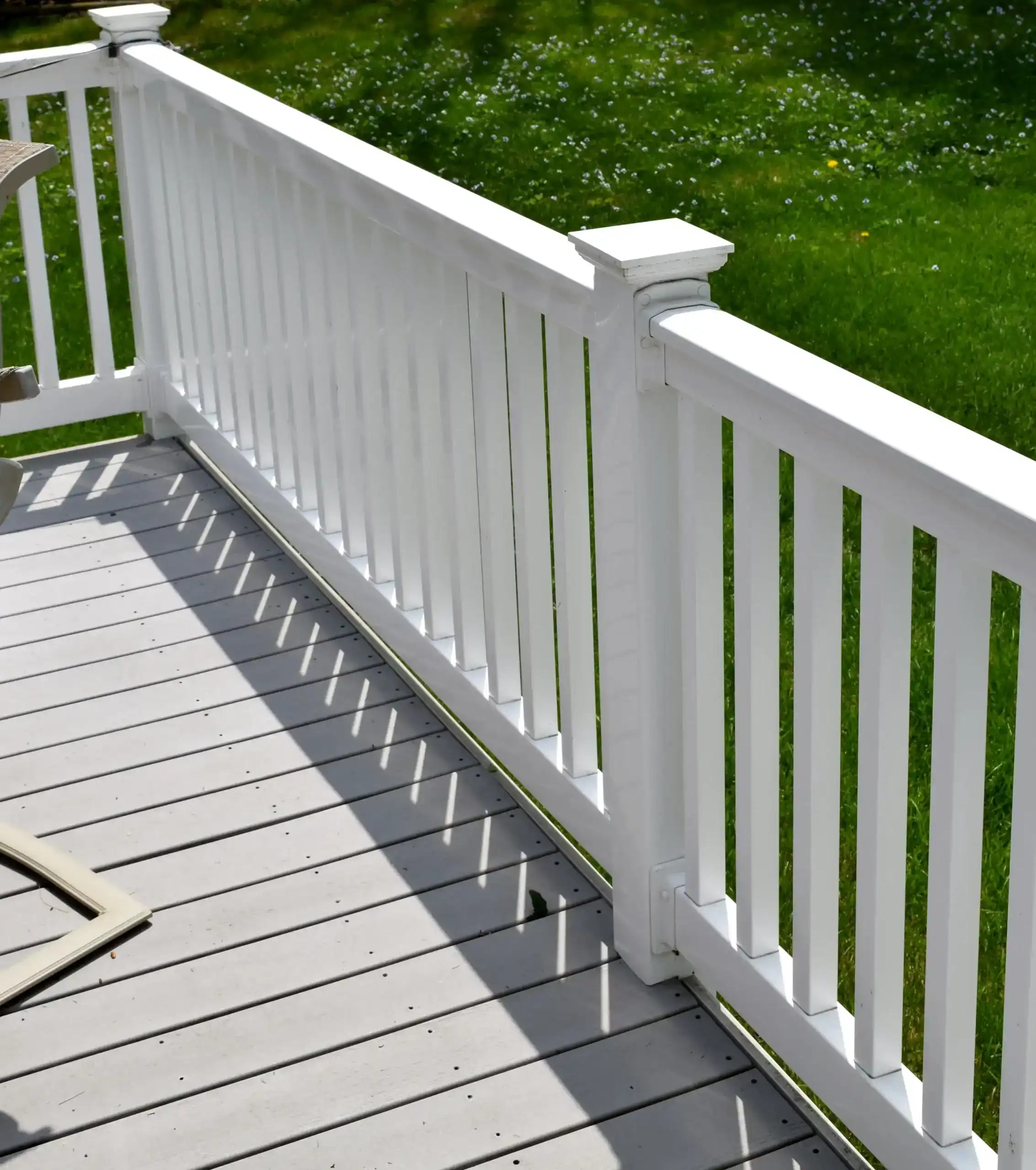Low-maintenance vinyl fencing that handles Connecticut’s freeze-thaw cycles without the headaches of wood rot or constant repairs.
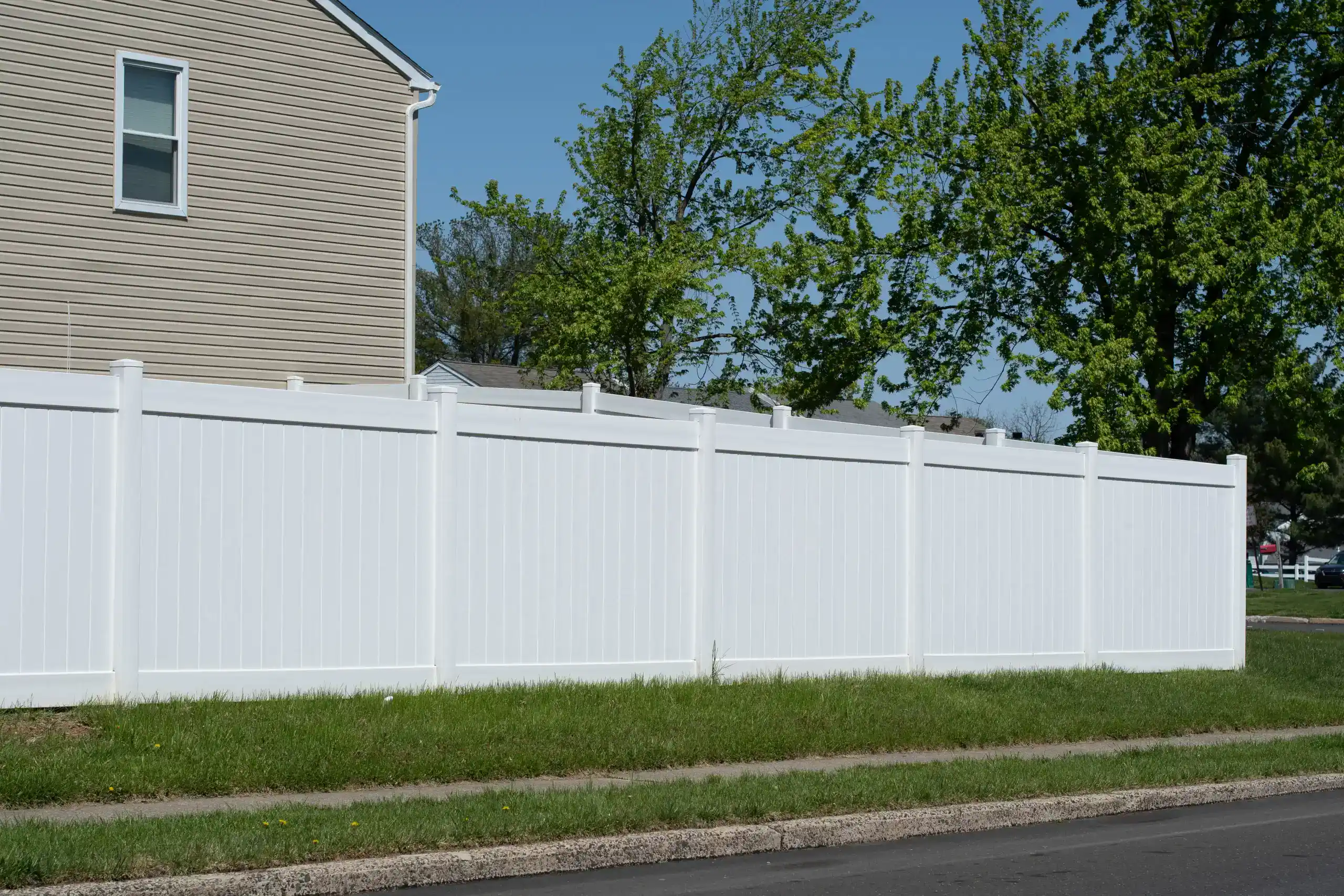
Hear from Our Customers
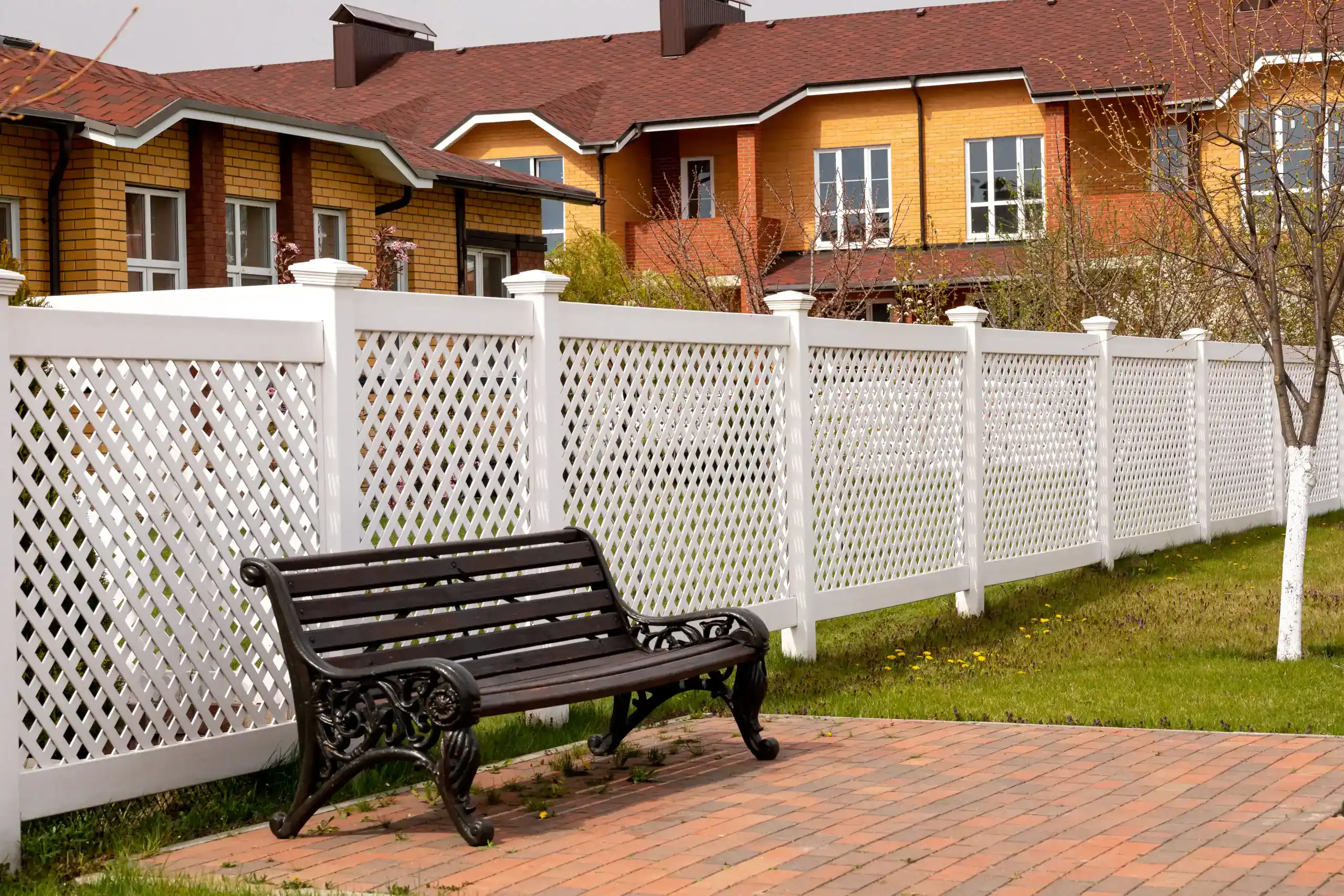
You stop worrying about fence maintenance when it’s done right. No more weekend scrambles to patch rotting boards or repaint sections before company arrives. Your vinyl fence looks sharp year after year while your neighbors deal with wood replacement costs.
Connecticut’s harsh winters and summer heat don’t faze quality vinyl fencing. The material flexes with temperature changes instead of cracking, and UV protection keeps the color from fading. You get decades of reliable performance without the constant upkeep that wood demands.
Your property value increases with professional installation. Clean lines, consistent appearance, and the knowledge that your fence won’t need replacement for 30+ years makes your home more attractive to future buyers.
We’ve been handling fence installations throughout Washington and Litchfield County long enough to understand what works here. We’ve seen how Connecticut’s freeze-thaw cycles destroy poorly installed fencing, and we know which materials and techniques prevent those problems.
We’re not the cheapest option, and that’s intentional. Quality vinyl costs more upfront, but you avoid the replacement costs that come with budget installations. Our focus stays on building fences that last decades, not just getting through the next season.
Washington homeowners choose us because we show up when scheduled, use experienced crews, and handle projects professionally from start to finish. You get clear communication, realistic timelines, and work that’s built to handle everything Connecticut weather throws at it.
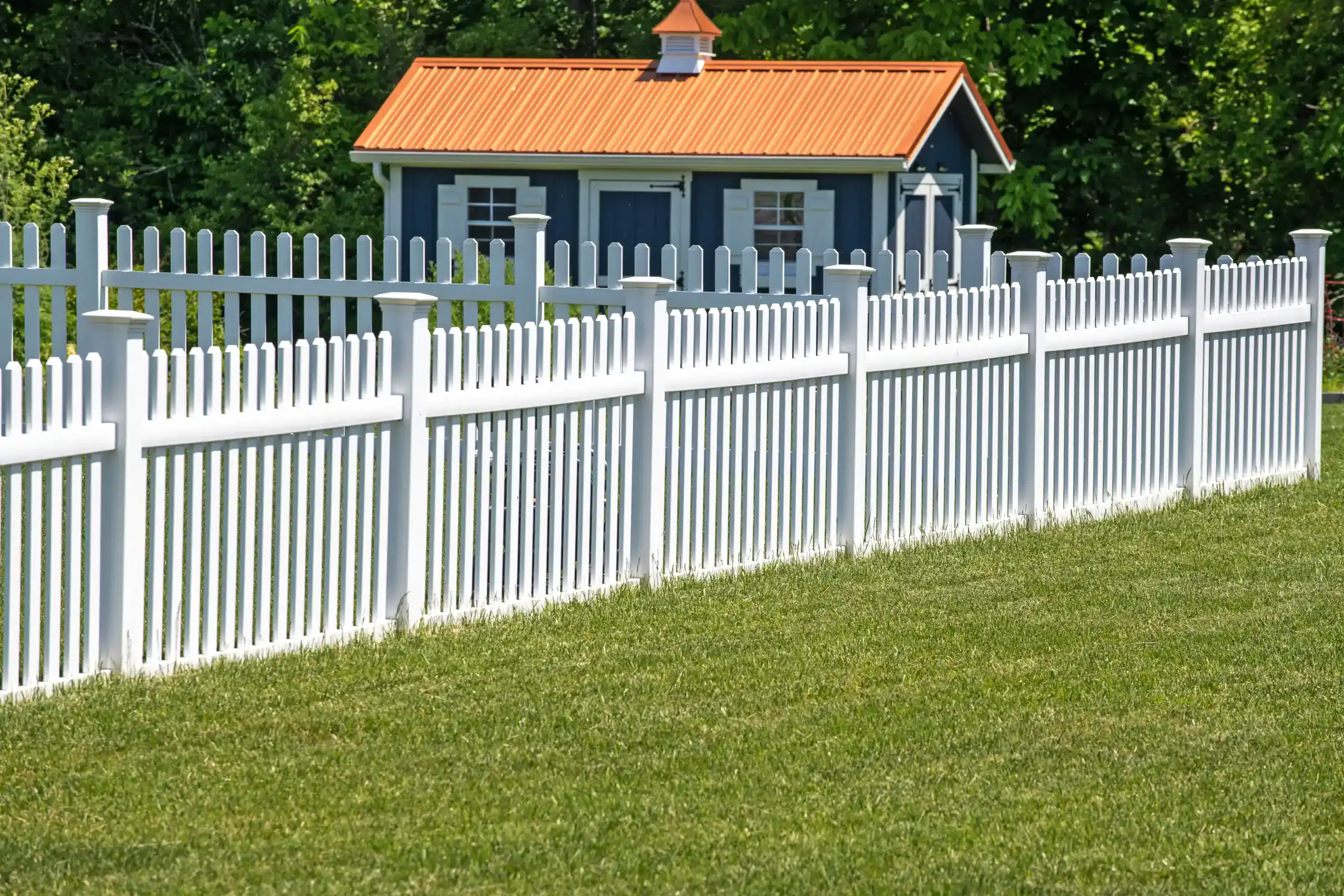
We start with a site visit to assess your property and discuss exactly what you need. No pressure, no surprises – just honest information about what your vinyl fencing project involves and what it will cost.
Once you’re ready to move forward, we handle any permit requirements and schedule the installation around your timeline. Our crew arrives prepared with quality materials and the right equipment to get the job done efficiently.
Site preparation happens first. We mark utilities, set proper post spacing, and ensure drainage won’t cause problems later. Most vinyl fence failures happen because this step gets rushed, so we take the time to do it right.
Installation follows proven techniques that account for Connecticut’s soil conditions and climate. Posts get set at proper depths with adequate concrete, and panels are installed with room for thermal expansion. You get a fence that stays straight and secure through seasons of weather changes.
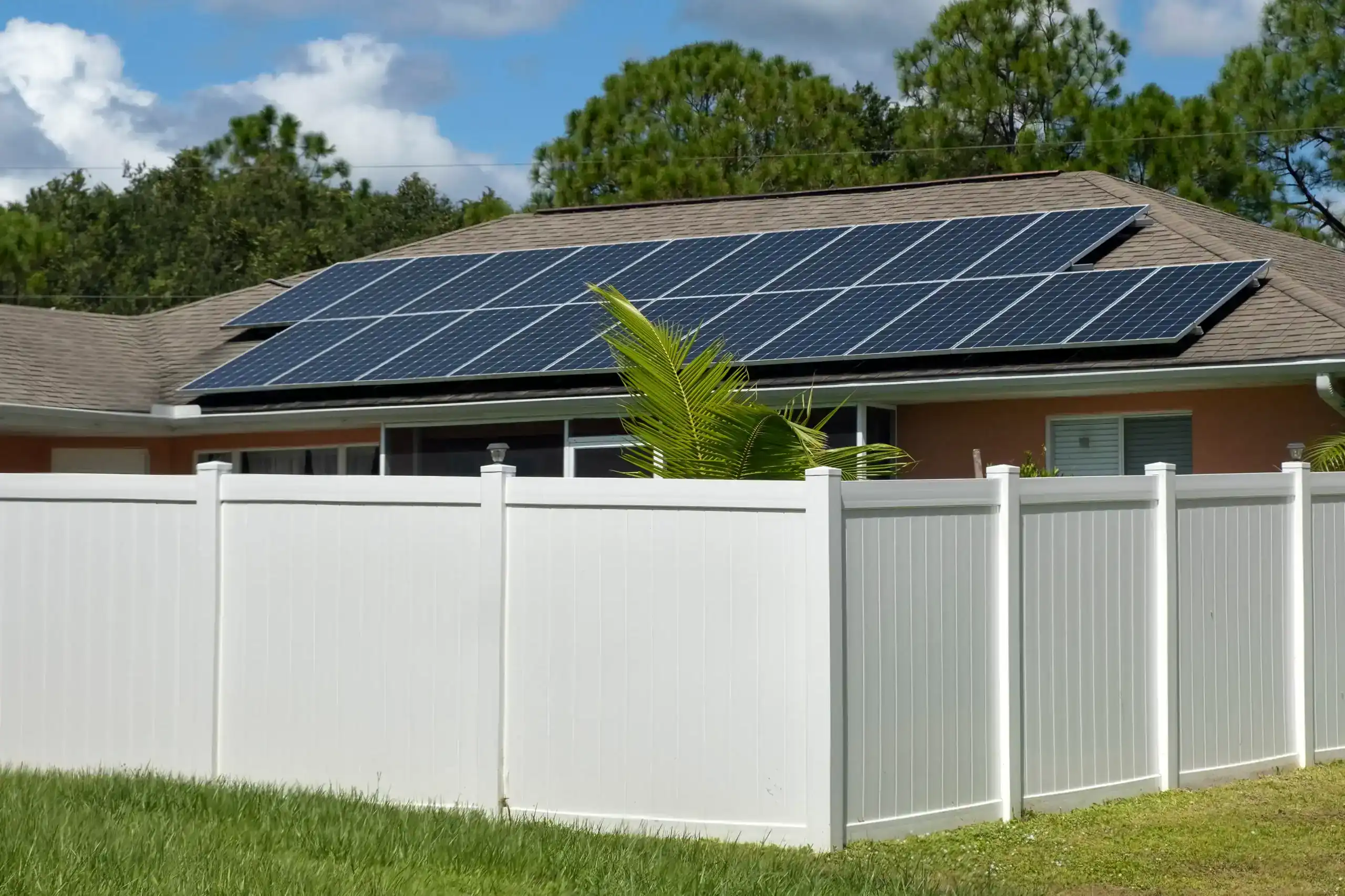
Ready to get started?
Your vinyl fence installation includes materials specifically chosen for our climate. We use UV-resistant vinyl that won’t fade or become brittle in Connecticut’s variable weather. Posts and hardware are sized for local wind loads and soil conditions.
Washington properties often deal with slopes, mature trees, and existing landscaping that affects fence placement. We work around these challenges without compromising the fence’s structural integrity or appearance. Each installation gets customized to fit your property’s specific conditions.
Privacy fencing, picket styles, and decorative options are all available in colors that complement your home’s exterior. We help you choose the right height and style for your needs, whether that’s containing pets, creating privacy, or simply defining property boundaries.
Professional installation means your fence meets local building codes and property line requirements. We’re familiar with Washington’s regulations and handle any necessary permits so you don’t have to navigate the bureaucracy yourself.
